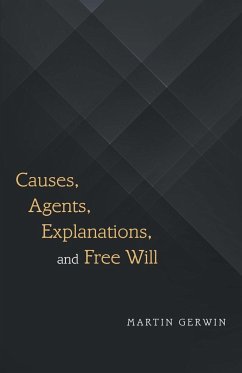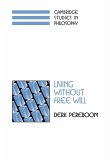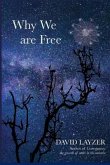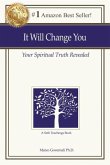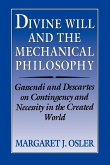Many have thought that if everything is caused, human free will must be an illusion. This kind of determinism, however, is seemingly antithetical to our lived experience of the world. In Causes, Agents, Explanations, and Free Will, philosopher Martin Gerwin argues that there is no reason to doubt that we have free will rather, the illusion is that everything is caused in the same deterministic way. Our very idea of cause and effect is rooted in our experience of being agents who make things happen. But from this experience we derive not a single, unified idea of causation, but an idea with different variants. Gerwin traces the evolution of this agency view of causality in Western philosophy over the past three centuries. He explores its relation to the canons of scientific explanation and the findings of quantum mechanics. He also offers a brief formal development of a tensed modal logic that serves to articulate the distinctive sense of I can stemming from the experience of agency. The result is a fresh, innovative defence of the possibility of free will.

